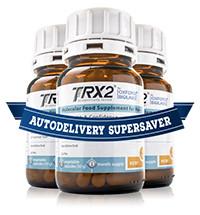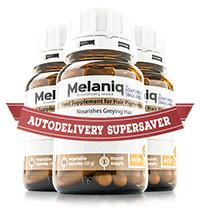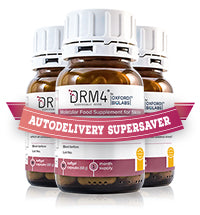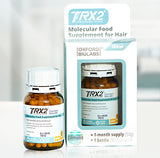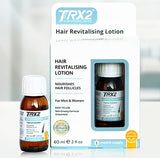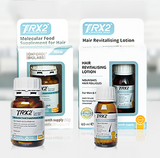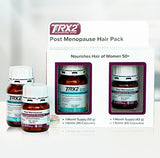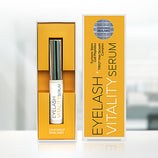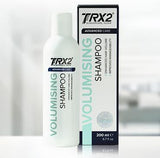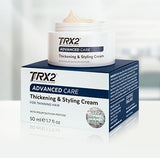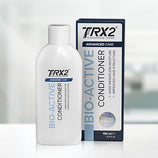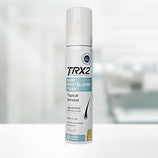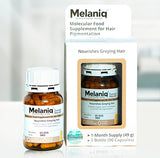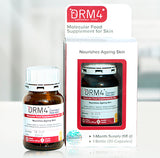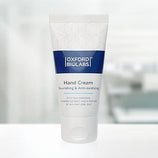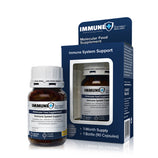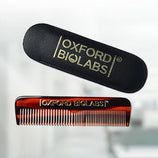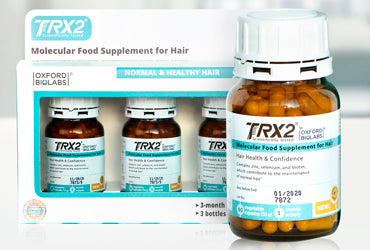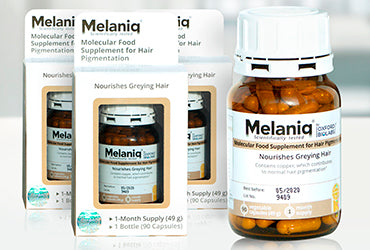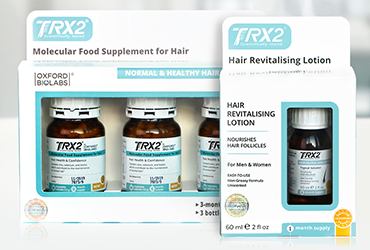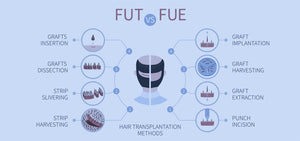A varied, balanced diet is the cornerstone of good health for all humans, regardless of age or gender. However, certain physiological differences between men and women mean that our nutritional needs may be slightly different.
Although men and women require the same ratio of proteins, fats and carbohydrates in our diets, our caloric requirements are not the same. We may also need different amounts of micronutrients (i.e. vitamins and minerals) to stay healthy.
Caloric requirements for men and women
Women require fewer calories than men, and studies suggest that men also lose weight more quickly than women – but why?
Generally speaking, women are smaller than men, so their bodies require less energy to function. However, the differences between the rate at which men and women burn calories is more to do with body composition than physical size.
Men’s bodies have more muscle mass than women’s bodies, whereas women have a higher percentage of fat. Muscle tissue burns a lot more calories than fat tissue; therefore, men tend to have a higher metabolic rate than women, and need more calories in their diet as a result.
So, what does this mean for weight loss?
Regardless of gender, weight loss is best achieved with exercise and a balanced diet. This means cutting back on high calorie foods (like sweets, fast food and refined carbohydrates) combined with regular workouts.
Although it is possible for all genders to reduce their body fat percentage with diet and exercise, it’s important to stay within a healthy range. For men, this is 2-5% of total body weight, whereas women should aim for a body fat percentage between 10 and 13%.
Recommended daily calorie intake for men: 2500
Recommended daily calorie intake for women: 2000
Key nutrients for men and women
Regardless of gender, eating a varied diet with plenty of fruits, vegetables and whole grains is the best way to ensure our bodies get all the nutrients they need.
However, male and female bodies may require different quantities of certain vitamins and minerals to function well.
Iron
Menstruating women need to take in more iron than men do.
Around two thirds of your body’s iron is found in haemoglobin, which is a key component of red blood cells. Menstruating women, therefore, need more iron than men to compensate for the blood lost during their period.
In all genders iron deficiency can lead to anaemia, characterized by fatigue, difficulty concentrating, weakness, confusion, reduced immune function and stomach problems.
Dietary sources of iron: Liver, red meat, beans, nuts, dried fruit, fortified cereals
Iron RDA for men: 8mg/day
Iron RDA for menstruating women: 18mg/day
Zinc
Everyone needs zinc, but men need a little more of it than women do.
This is because zinc is required for the production of testosterone (the male sex hormone). Men with low levels of zinc in their diets may experience reduced sexual function, as several studies have demonstrated a clear link between zinc deficiency and erectile dysfunction.
Regardless of gender, zinc deficiencies may also cause loss of appetite, reduced immune function, hair loss, diarrhea and changes in sense of taste and smell.
Dietary sources of zinc: Shellfish, meat, legumes, nuts, seeds, whole grains, eggs, dairy, dark chocolate
Zinc RDA for men: 11mg/day
Zinc RDA for women: 8mg/day
Magnesium
Men also have a higher requirement for magnesium than women do.
Like zinc, magnesium is thought to be important for testosterone production, as studies have shown that magnesium supplementation can increase testosterone levels. For this reason, men need slightly more of this mineral than women do in order to stay healthy.
In all people, not getting enough magnesium can cause a wide range of medical problems. These may include muscle cramps and spasms, mental disorders, osteoporosis, fatigue, muscle weakness and high blood pressure.
Dietary sources of magnesium: Spinach, legumes, nuts, seeds, whole grains, fortified cereals.
Magnesium RDA for men: 420mg/day
Magnesium RDA for women: 320mg/day
Manganese
Men don’t absorb manganese as efficiently as women do; therefore, they need a little more of it in their diets.
In all people, manganese is essential for healthy digestion and metabolism. Manganese deficiency is rare, but not getting enough may cause skin rashes, hair depigmentation and (in women) altered mood and increased premenstrual pain.
Dietary sources of manganese: whole grains, shellfish, legumes, nuts, rice, leafy vegetables, coffee, tea, many spices (e.g. black pepper)
Manganese RDA for men: 2.3mg/day
Manganese RDA for women: 1.8mg/day
Vitamin C
Vitamin C (AKA ascorbic acid) is an essential nutrient for all people, but men generally need more of it than women.
The exact reason for this is poorly understood, but studies have suggested that various factors (such as body weight, muscle mass, physical activity levels and alcohol consumption) may all play a role.
Although women generally have a lower vitamin C requirement than men, breastfeeding women need more of the nutrient than anyone else. This is because vitamin C is an important component of breastmilk, so lactating women need to consume more of it to ensure both they and their infant are getting enough.
Severe vitamin C deficiency can lead to scurvy, a disease characterized by anaemia, tooth loss, bleeding sores and slow healing of injuries.
Dietary sources of vitamin C: Citrus fruits, peppers, broccoli, strawberries, blackcurrants, brussels sprouts, potatoes
Vitamin C RDA for men: 90mg
Vitamin C RDA for women: 75mg
Vitamin C RDA for breastfeeding women: 120mg
All people require a varied, balanced diet and regular exercise to stay healthy. However, men and women may need different amounts of calories, as well as certain nutrients, in order for their bodies to function well.
Men generally need more calories than women do to compensate for their higher metabolic rates. Menstruating women require more iron to make up for blood lost during their period, while minerals like zinc and magnesium are more important for men’s sexual wellbeing. Men may also need to consume more magnesium and vitamin C than women do. Healthy diet is one of the main prerequisites for a proper immune system functioning. Oxford Biolabs® developed an immune-supporting supplement IMMUNE+ to support your health.
